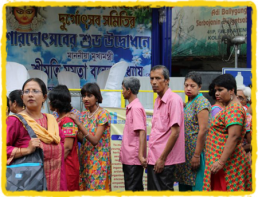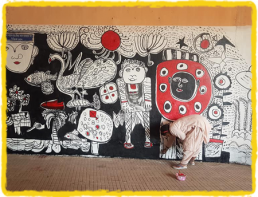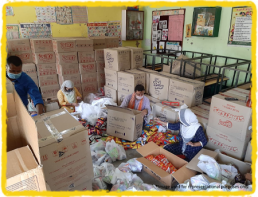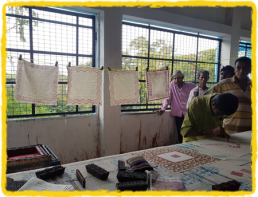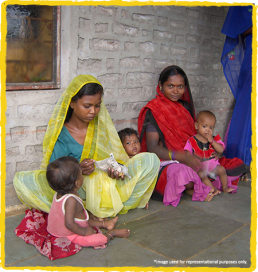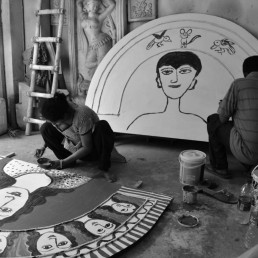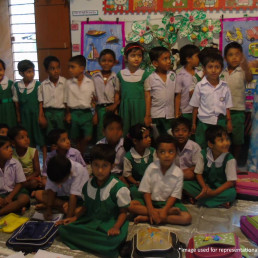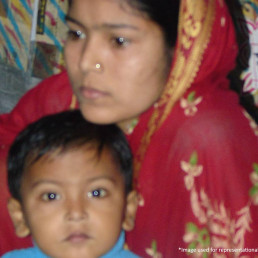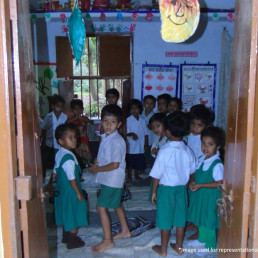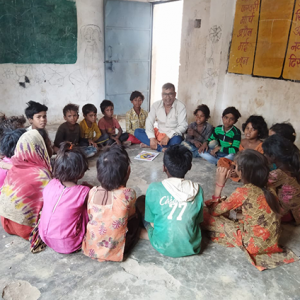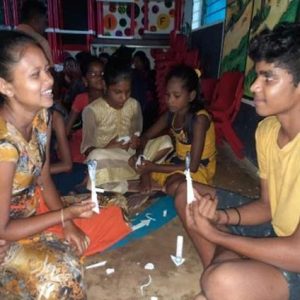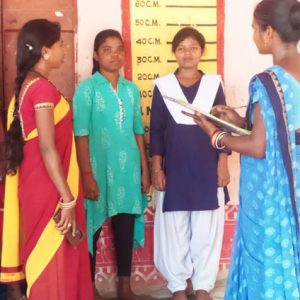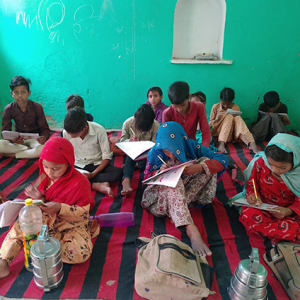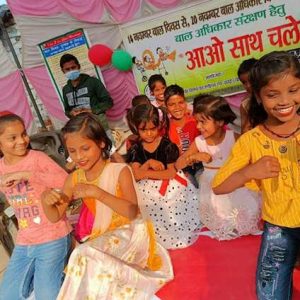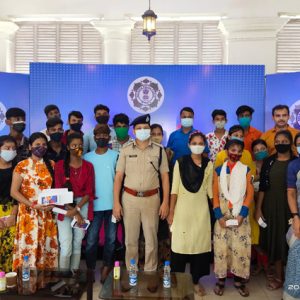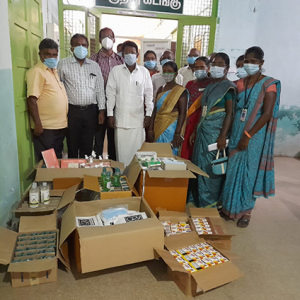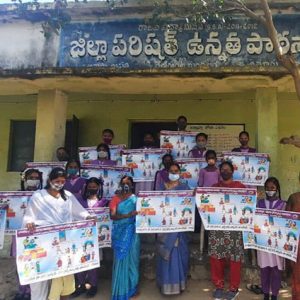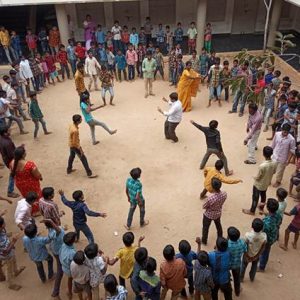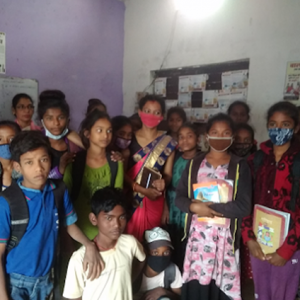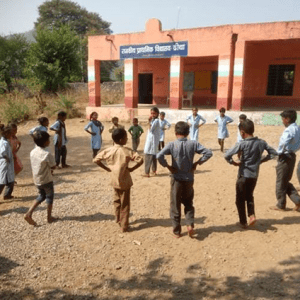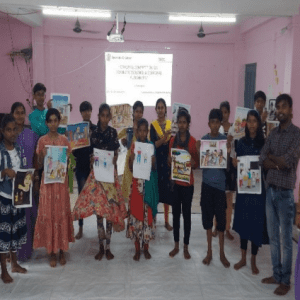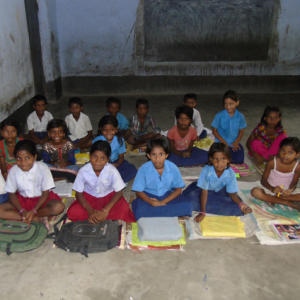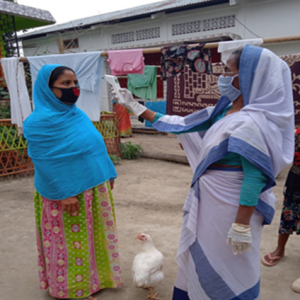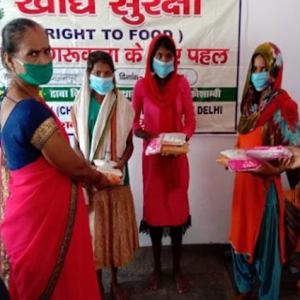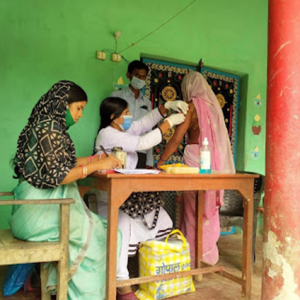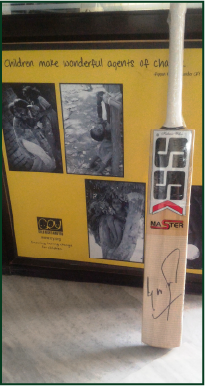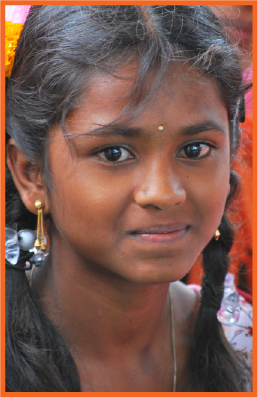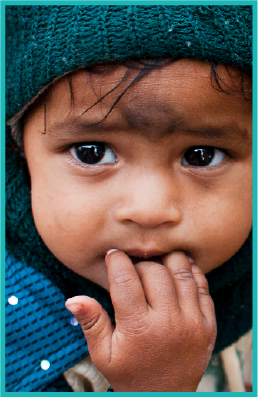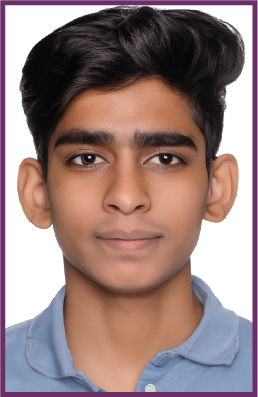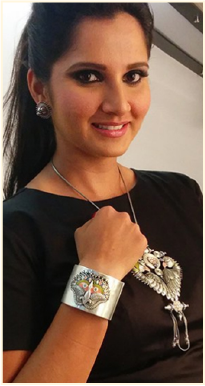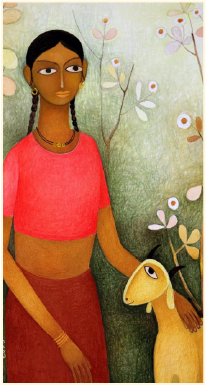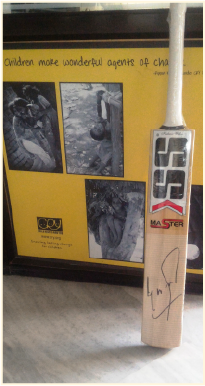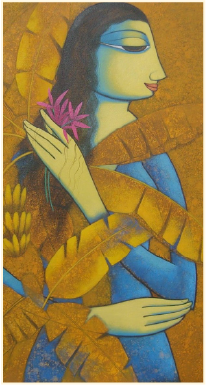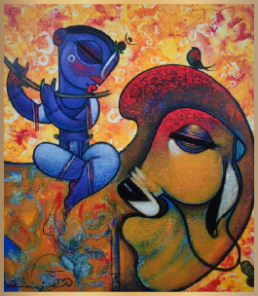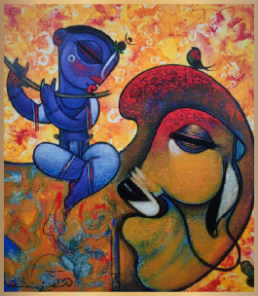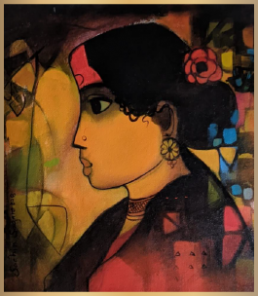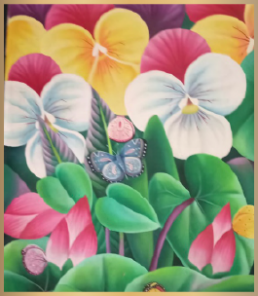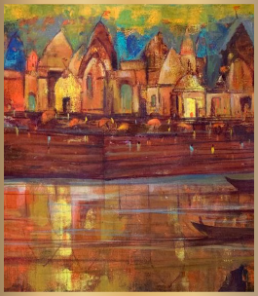Campaign Story
About the project
People living with mental illness are among the most marginalized and underserved in India. State mental hospitals in West Bengal can accommodate only 2000 patients, against an estimated 125,000 people with mental health issues. Institutional overcrowding and a severe shortfall of psychiatric professionals result in poor-quality care that is inconsiderate of important caste/class/gender/sexuality intersections, and deplorable living conditions for residents, some of whom have been abandoned for decades. These individuals suffer violations of human rights regularly, including: physical violence, forced institutionalization, abandonment, disinheritance, incarceration, lack of medical care, lack of employment opportunities, limited access to justice, restricted mobility, and pervasive social stigma.
This Project is fully funded by the Oak foundation.
Making a difference
Anjali works in one of the most neglected areas of health. Anjali’s thrust is twofold: To establish Mental Illness within the mainstream health paradigm of India, and to ‘speak for’ a large population of marginalized people with mental illness vis-à-vis their right to a professional and inclusive system of care and treatment.
Anjali’s “Voices” program counters stagnant and regressive systems to bring about systemic changes in the care framework. “Voices” promotes social inclusion for people living in four mental hospitals in West Bengal. The project seeks to re-integrate former patients into society by providing livelihood training and job placement services, and to reduce institutionalization by promoting community-level, prevention-based care alternatives. Anjali advocates for progressive policies and institutional practices that place patients’ dignity at the forefront, and works to end the stigma associated with mental health disabilities.
Action during COVID times
● Livelihood and social-skill courses continued, but among smaller groups in accordance with social-distancing requirements.
● Provided medical equipment for treatment of COVID patients to two hospitals in North Dum Dum and Rajarhat municipalities.
● Advocated for vaccination of all hospital residents.
The way forward
● Provide individual advocacy on a case-to-case basis.
Deliver need-based emergency disaster support to reintegrated participants.
● Administer care and support training for 25 core staff and volunteers.
● Anjali’s 20th anniversary celebration, including all staff, volunteers, representatives of partner NGO and government.
● Recruit a livelihood manager to ensure continued success of job training and placement programs.
Project Impact
250
Residents of hospitals and halfway homes participated in social and livelihood skills sessions
3
Residents employed through livelihood program.
26
Residents helped with finding employment
60
Reintegrated 60 recovered residents with their families.
Interactive session held with staff of Institute of Mental Care, Purulia, to ensure better care and management of patients.












